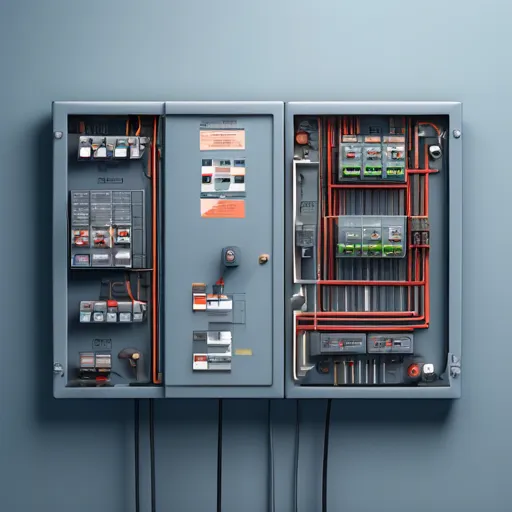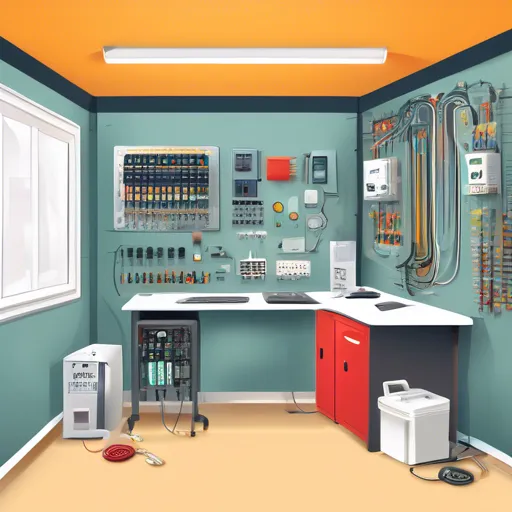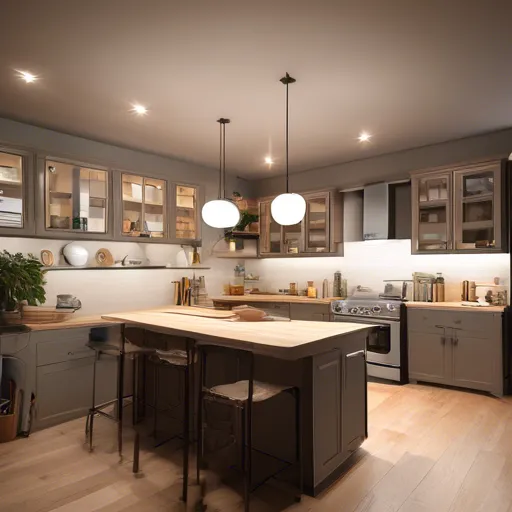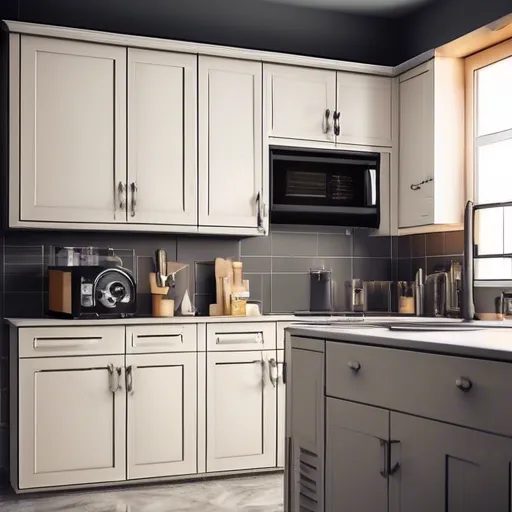When it comes to home safety and efficiency, few things are as fundamental as selecting the right electrical panel. Yet, the decision often feels as opaque as a blackout in a stormy night. Stepping into the arena of electrical panels means diving into a world where capacity meets compatibility, and where choosing the wrong fit could spark unintended consequences.
Before you recoil in horror at the thought of yet another DIY project gone wrong, take comfort in the fact that armed with a bit of knowledge and some sensible advice, you can master the art of selecting an electrical panel that suits your home like a glove. As home design evolves—consider the color palettes you might find in a Purple Interior: 70 Inspiring Ideas and Photos for Your Home—a fusion of form and function is more imperative than ever.

Key Features and First Impressions
- Service Capacity: Ensure the panel handles your household’s electrical load.
- Number of Circuits: More circuits can mean more options for distributing power.
- Space for Expansion: Future-proof your setup with room to grow, accommodating any planned home additions.
- Safety Features: Ground fault circuit interrupters and surge protection shield against everyday mishaps.
Choosing the right panel doesn’t merely hinge on aesthetics or fancy features. A good first impression is paramount—a panel that looks right and feels sturdy can translate into peace of mind.
Technical Details
Design
The layout and design of your electrical panel should be such that it facilitates ease of access and maintenance. Panels come in various sizes and configurations, allowing integration into various spaces without impeding functionality.

Performance
A panel that performs well is one that handles electrical loads efficiently. Consider its performance in terms of load capacity and reliability under different usage scenarios.
Usability
Usability in an electrical panel means not having to wrestle with mysterious fuses or tripped circuits. For inspiration on ensuring function without sacrificing space, consider techniques similar to those used in Creative Bathroom Storage Solutions.
Side-by-Side Comparison
| Aspect | Option A | Option B |
|---|---|---|
| Durability | High | Moderate |
| Ease of Use | Intuitive | Complex |
| Design | Sleek | Traditional |
| Operating Costs | Economical | Costly |

Practical Tips
- Assess your power needs, considering both current usage and potential future expansions.
- Consult an electrician to evaluate the wiring compatibility with the chosen panel.
- Check for local electrical codes and regulations.
- Invest in a panel with room for additional circuits to avoid premature upgrades.
Did you know? Most home electrical fires can be prevented by ensuring your panel is up-to-date and properly maintained, a fact supported by nationwide safety studies.

Choosing an electrical panel is an investment in safety and longevity. While it may initially seem daunting, the benefits of making an informed decision are manifold, offering reliability and peace of mind in the long term.
As you move forward with your choice, consider the progressions in home design that might encourage you to revisit aspects like integrating Creative Bathroom Storage Solutions. Stay informed and proactive; your home’s electrical heartbeat deserves no less.
“`html
FAQ
Why is choosing the right electrical distributor important?
Choosing the right electrical distributor ensures your home’s electrical safety and efficiency, reducing the risk of electrical issues.
What factors should be considered when selecting a distributor?
Consider the distributor’s reputation, product quality, and customer service to ensure reliability and support.
How can a reliable panel improve electrical efficiency?
A reliable panel efficiently distributes electricity, minimizing energy loss and optimizing power usage in your home.
What is the risk of using subpar electrical panels?
Using subpar panels can lead to electrical failures, increased risk of fire, and higher repair costs.
“`
